Exploring Podcast Formats: Finding A Style That Fits
Podcasting has emerged as a powerful platform for sharing ideas, stories, and expertise. Aspiring podcasters often face the challenge of choosing the right podcast format to effectively convey their message and captivate their audience. Understanding the various podcast formats and selecting the one that aligns best with your content and style is key to launching a successful podcasting journey.
Understanding Different Formats
Solo Podcasts: Hosting a solo podcast offers creators the opportunity to directly connect with their audience, share personal insights, and maintain complete creative control. However, it can also pose challenges in terms of sustaining engagement and dynamism without co-hosts or guests.
Interview Style: Interview-based podcasts thrive on engaging conversations with guests, offering diverse perspectives, and tapping into the expertise of industry leaders. They provide a platform for in-depth discussions and valuable insights, but require strong interviewing skills and the ability to manage guest dynamics.
Conversational/Co-hosted: Co-hosted podcasts create an interactive dialogue between hosts, fostering natural banter and varied viewpoints. The chemistry between hosts can become the podcast's signature, yet it necessitates effective coordination and balance between multiple voices.
Storytelling/Narrative: Narrative podcasts excel in immersive storytelling, utilizing captivating narratives, soundscapes, and production value to transport listeners into compelling worlds. Crafting intricate, scripted narratives demands meticulous planning and a penchant for storytelling.
Roundtable Discussions: Roundtable discussion formats facilitate community engagement, fostering inclusive conversations and diverse opinions on shared topics. They thrive on interaction and collaboration but require adept moderation and coordination to manage group dynamics effectively.
Hybrid Formats: Hybrid podcasts blend multiple formats, combining elements of interviews, storytelling, and group discussions to create distinct and versatile content that caters to diverse listener preferences.
Finding Your Fit
Aspiring podcasters can navigate the decision-making process by considering several crucial factors:
Primary Goal: Determine the primary purpose of the podcast, whether it's imparting knowledge, sharing stories, or fostering discussions.
Topics and Themes: Identify the core subjects and themes that will form the backbone of the podcast's content.
Preferred Hosting Style: Assess personal hosting preferences, such as solo hosting, co-hosting, or facilitating discussions as a moderator.
Audience Interaction: Consider the desired level of audience interaction, from interviews and Q&A segments to community engagement.
Resource Allocation: Evaluate the time and resources available for podcast production, including research, recording, and editing.
The Decision-Making Process
By aligning their goals and stylistic preferences with the traits of each podcast format, creators can make informed decisions that resonate with their vision and audience needs. Aspirants are encouraged to seek inspiration from successful podcasts within each format and to remain authentic in their approach.
Determining the content you want to deliver is crucial. Whether it's interviews, storytelling, educational content, or a combination of these, you must identify the format that best showcases your content. Secondly, understanding your audience's preferences is key. If your target audience prefers in-depth analysis, a long-form podcast would be suitable, while a shorter format may be more appealing for on-the-go listeners. Considering your own strengths and experience should guide format selection. For example, if you're a skilled storyteller, a narrative-driven format may be ideal, whereas if you excel in engaging conversations, an interview-based format could be the right fit.
The practical aspect of production needs to be taken into account. Factors such as available time, resources, and technical expertise influence the format you choose. Moreover, evaluating the flexibility of the format is important; some formats allow for more improvisation and creativity, while others require careful scripting and planning.
Exploring the current podcast landscape can provide insights into popular formats and emerging trends, helping you make an informed decision. Finally, your own passion and enthusiasm for a particular format should not be underestimated; choosing a format that ignites your passion can significantly impact the quality and longevity of your podcast. By considering these factors, you can make an informed decision when choosing the right podcast format to suit your style.
Embracing Flexibility
While selecting an initial format is pivotal, creators should remain open to experimenting and evolving their approach over time. Embracing audience feedback and adapting the podcast's format will enable creators to refine their content and meet evolving audience preferences.
Choosing the right podcast format is a pivotal step in realizing your podcasting vision. By exploring the various formats and aligning them with your content and style, you can craft a compelling podcast that resonates with your audience and stands out in the podcasting landscape. Good luck on your journey!
Share your experiences with choosing a podcast format and discovering your unique style. Connect with us for personalized guidance and advice on launching your podcast journey.
